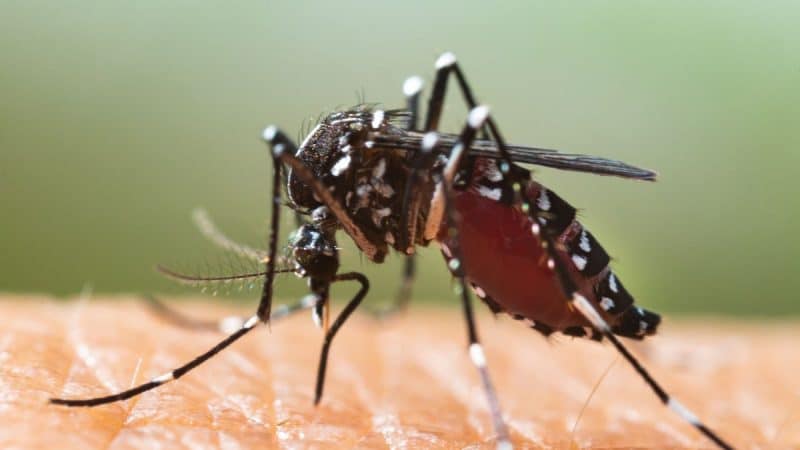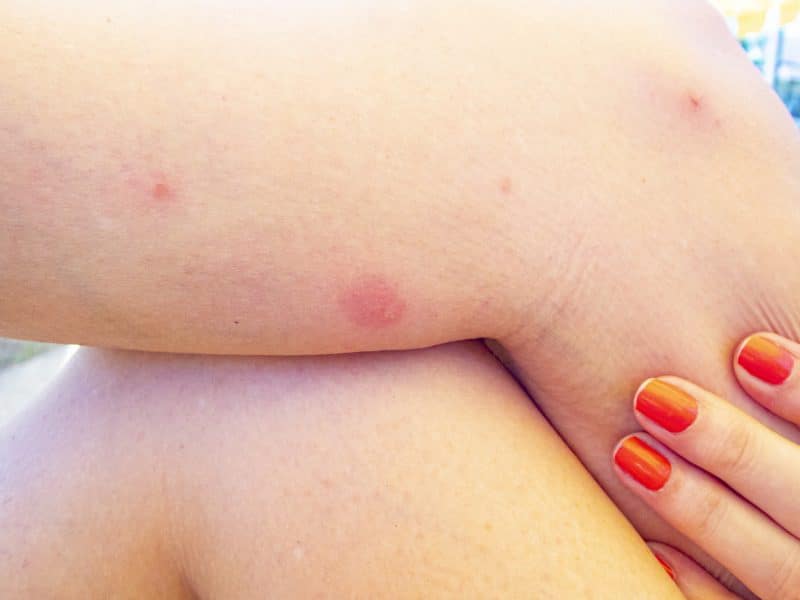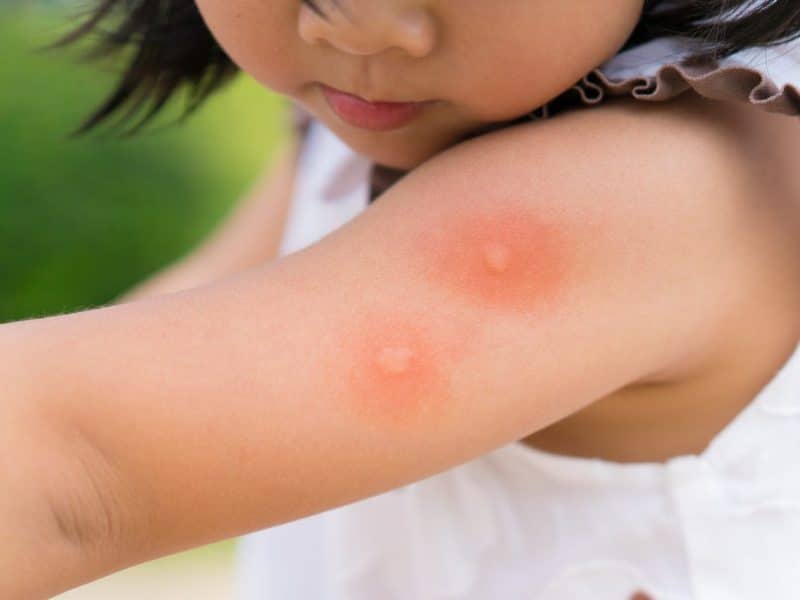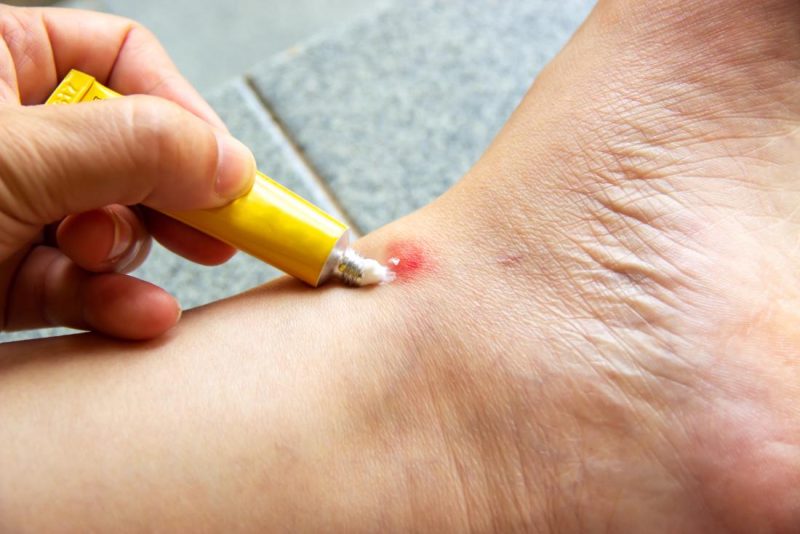Mosquito saliva is now the focus of many scientists. The compound in the saliva holds the key to protecting people from mosquito-borne diseases. Mosquitoes are considered one of the deadliest animals on the planet. The illnesses they cause include dengue, malaria, Zika, and yellow fever. Mosquito saliva is an active biological component. It helps this insect feed. It also helps the viruses replicate and infect.

The Target
The target molecule in mosquito saliva is sialokinin. Scientists believe that this is an important target if populations are to be shielded against these diseases. Studies show that impairing sialokinin through a topical or vaccine treatment is a possible preventive approach to preventing these diseases. It may work even with the viruses that mosquitoes carry and transmit.
How Sialokinin Aids Infection
Mosquito saliva contains many mosquito compounds that help them feed. Research shows that sialokinin increases the host’s blood flow. This allows the mosquito to have a bigger meal. Scientists tested the effect of sialokinin on mouse blood. It turns out that this compound also helps make things easier for the viruses as well.

In the mouse study, the sialokinin in mosquito saliva increased blood cell permeability. This made the cells more susceptible to the mosquito’s viruses. More blood cells near the skin give viruses a better chance of infecting the host and replicating inside the host. This potentially leads to severe illnesses. Scientists believe that targeting sialokinin may provide humans with pan viral protection. On the lighter side, the Anopheles species of mosquitoes do not have sialokinin in their mosquito saliva. That is why they are quite bad as vectors.
The Arboviruses in Mosquito Saliva
These are the viruses present in vector mosquitoes. Arboviruses can infect humans, as well as other mammals like cattle. These pathogens will need three to 15 days to incubate in humans after the first exposure. Then, the symptoms surface for about three to four days. Terrible headaches and high fever are common symptoms. Serious diseases can surface and can even become fatal.
The Aedes species of mosquito is found on many continents. It is an efficient spreader of arboviruses trough their mosquito saliva. Below are a few of the deadly arboviruses that this mosquito spreads:
- Dengue is a common arbovirus in Asia, the Americas, and the Caribbean. Half of the global population has a high risk of infection.
- Zika is prominent in Central and South America. It also infects people in Asia, the Caribbean, Africa, and the Pacific Islands. It can target a developing fetus. This results in brain damage and deformities in babies at birth.
- Yellow fever infects people in Africa and South America. Common symptoms are muscle aches, fever, backache, chills, and headaches.

There are still no clear vaccines or treatments for any mosquito-borne virus. This includes the Semliki Forest virus, West Nile Virus, Chikungunya, Zika, Rift Valley Fever virus, and dengue. According to scientists, the work is focusing on spotting the different factors in mosquito saliva that can help the virus infect hosts. They are also concentrating on the possible therapeutics to block these factors. The researchers also say that they need to develop a vaccine that produces neutralizing antibodies that bind to these different factors. The antibodies will then stop the viral factors from helping the virus.

The Future is Brighter in Studying Mosquito Saliva
The sialokinin vaccine may be the answer that the world needs for defeating mosquito-borne diseases. This solution may take time to develop but it will be worth it. There was a trial that used an Anopheles-based vaccine. Scientists found out that the vaccine was safe. The vaccine triggered cellular responses and triggered antibody actions.
Mosquito saliva may hold the key to the eradication of deadly mosquito-borne infections. Researchers need time to polish the topical or vaccine treatment. Once it is ready, it may be the key to saving lives. Then, the planet would be finally rid of mosquito-borne viruses.